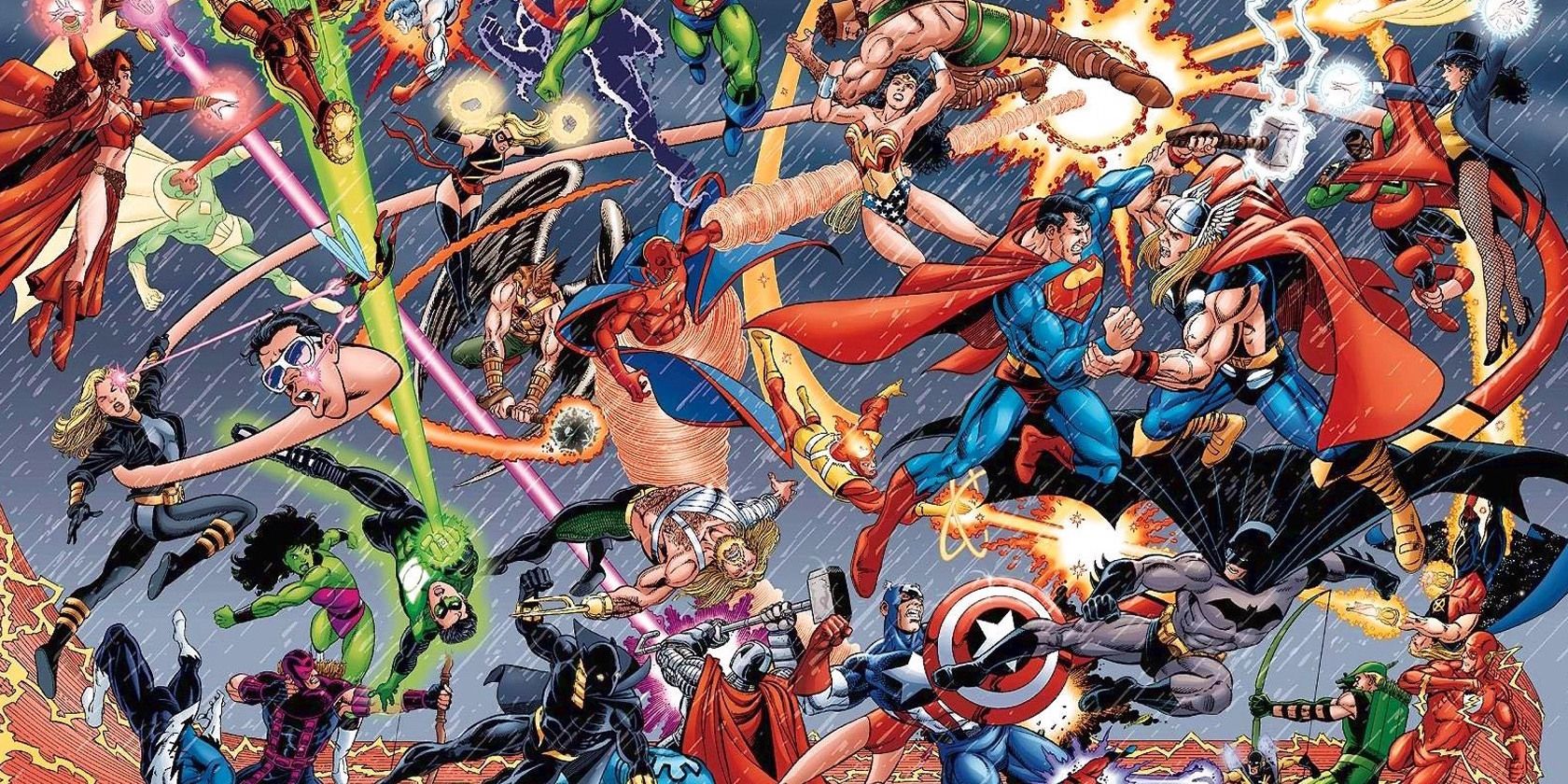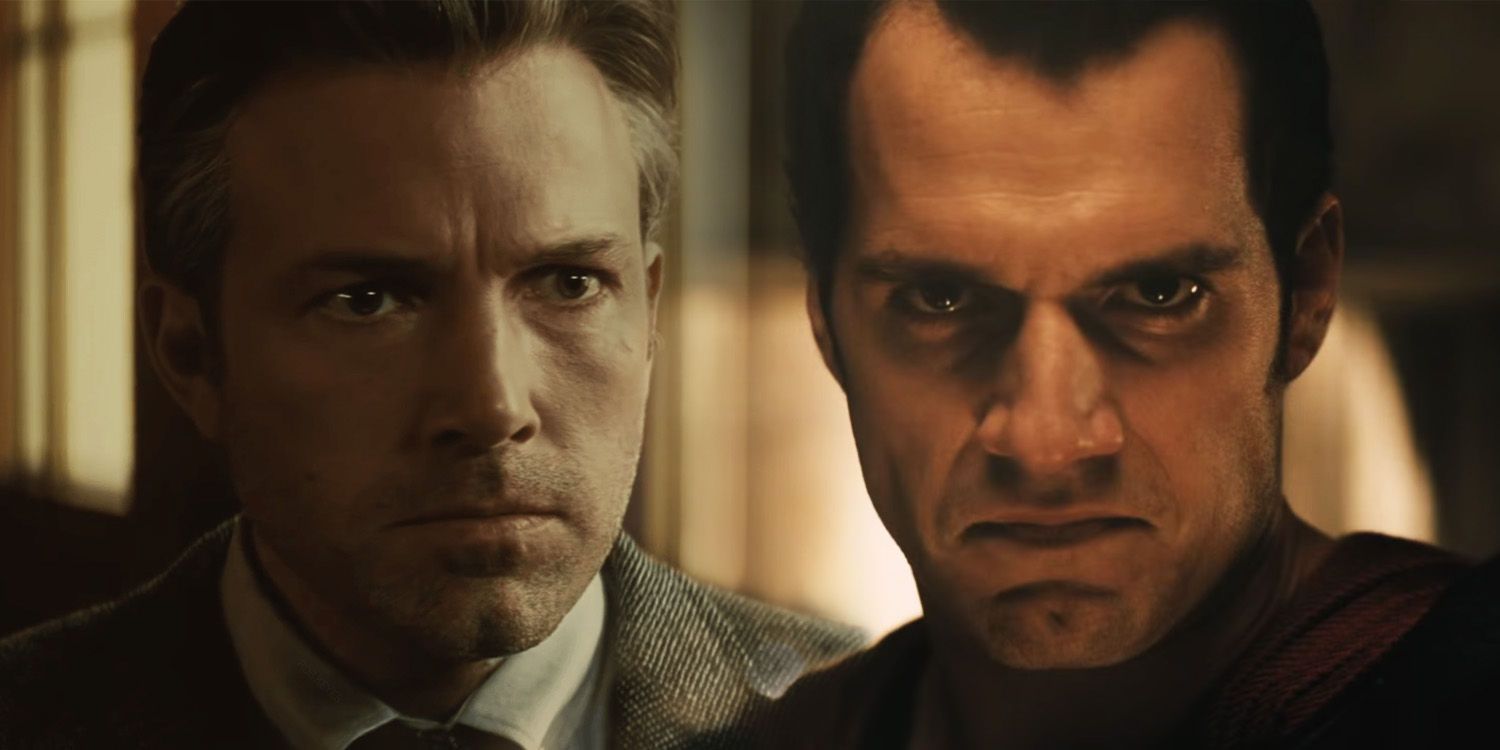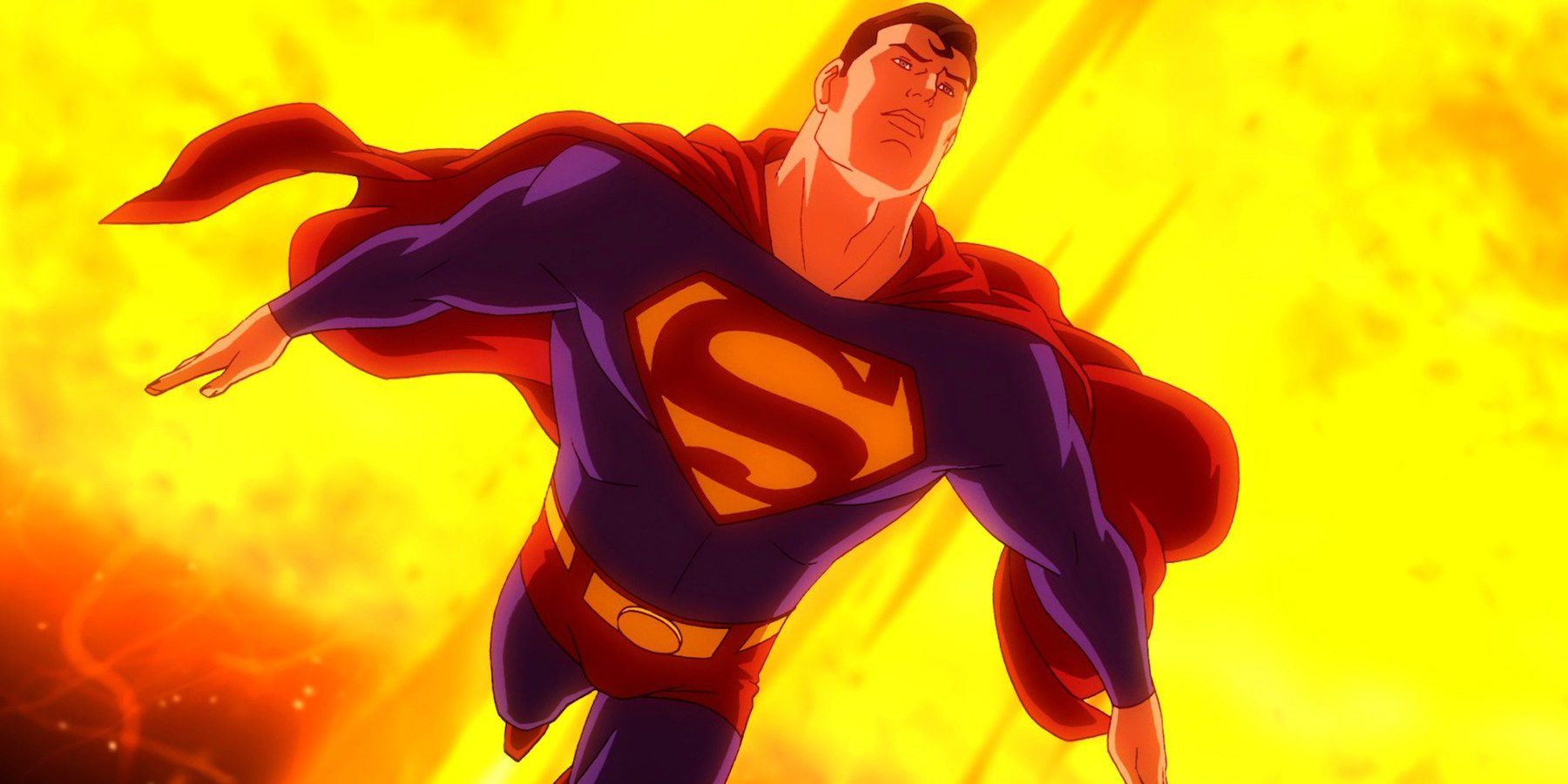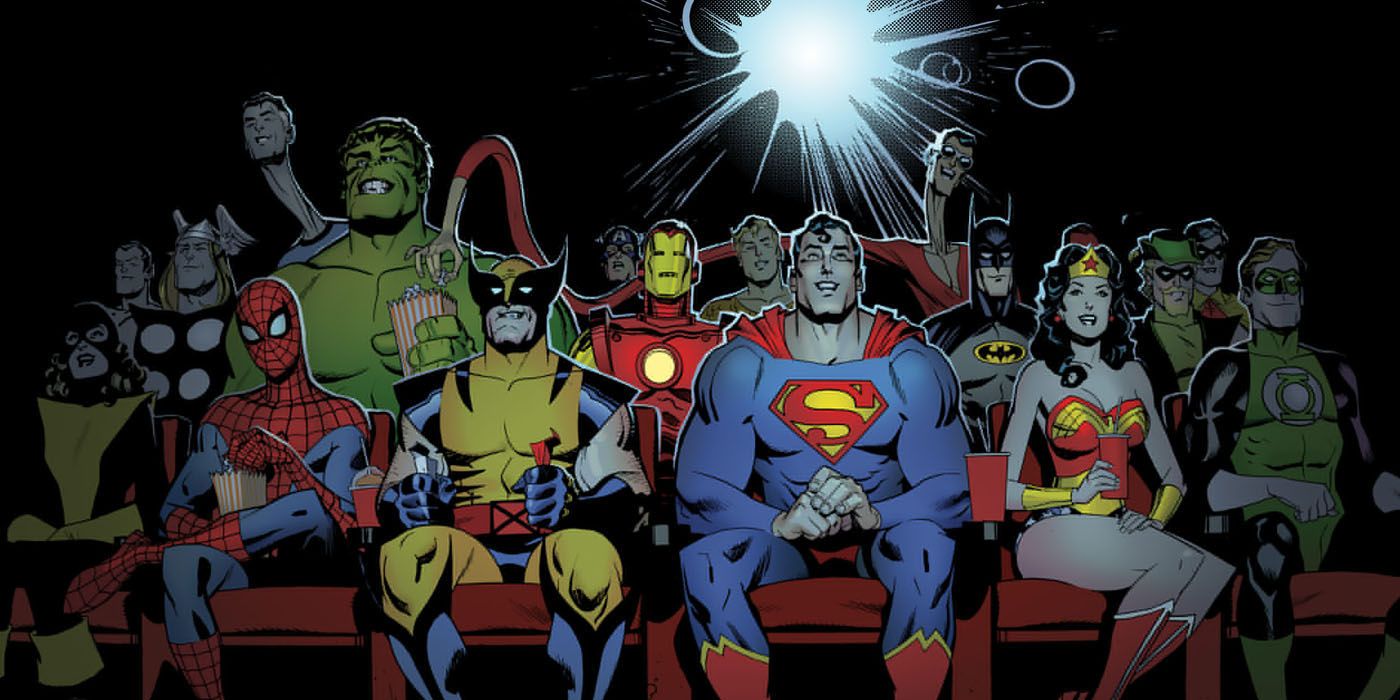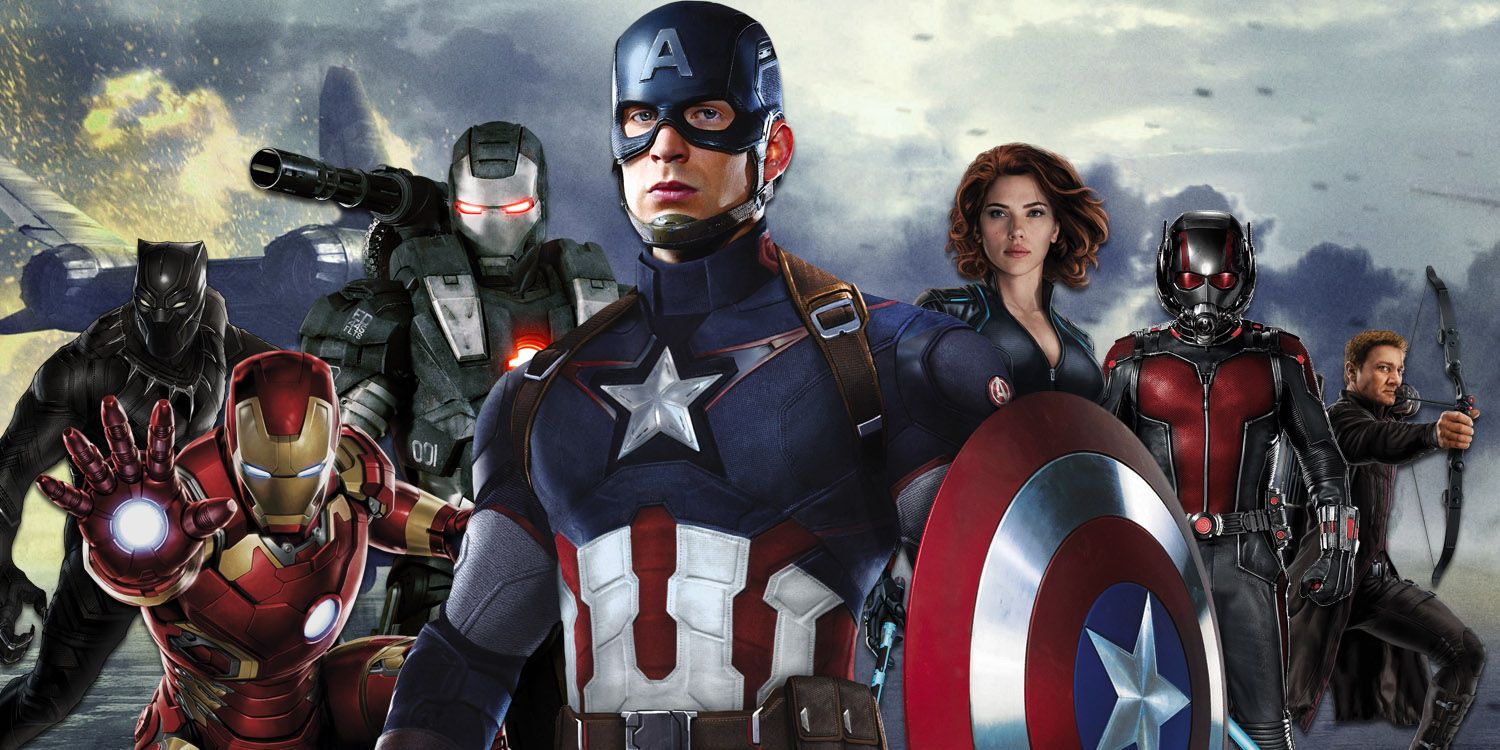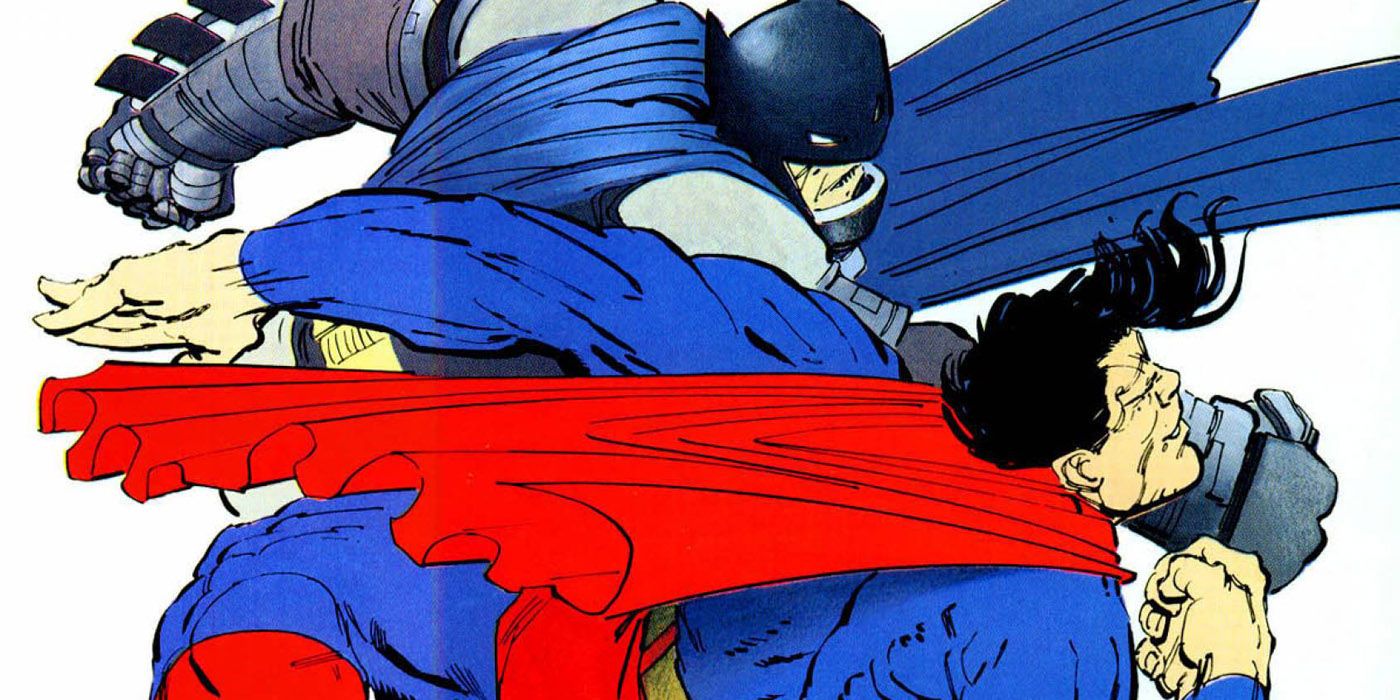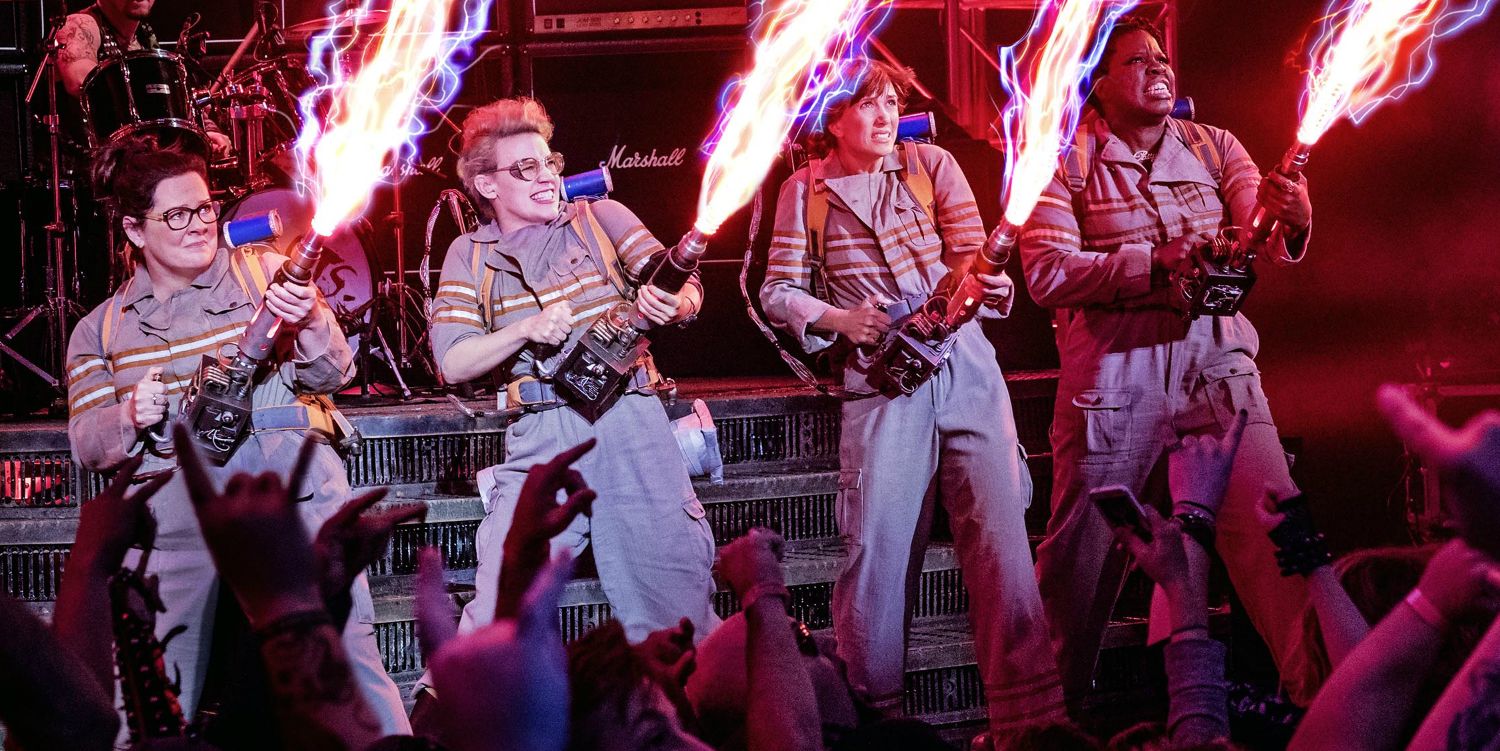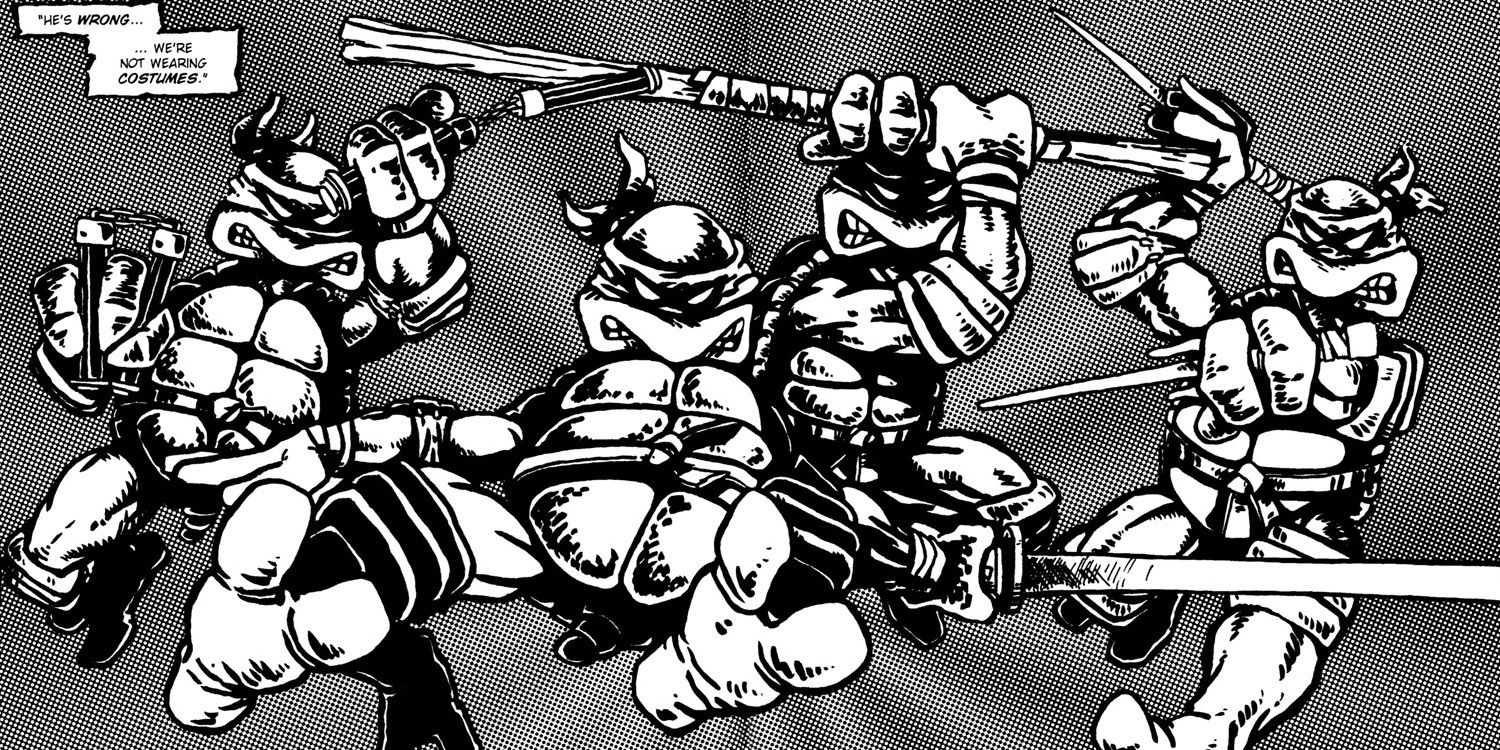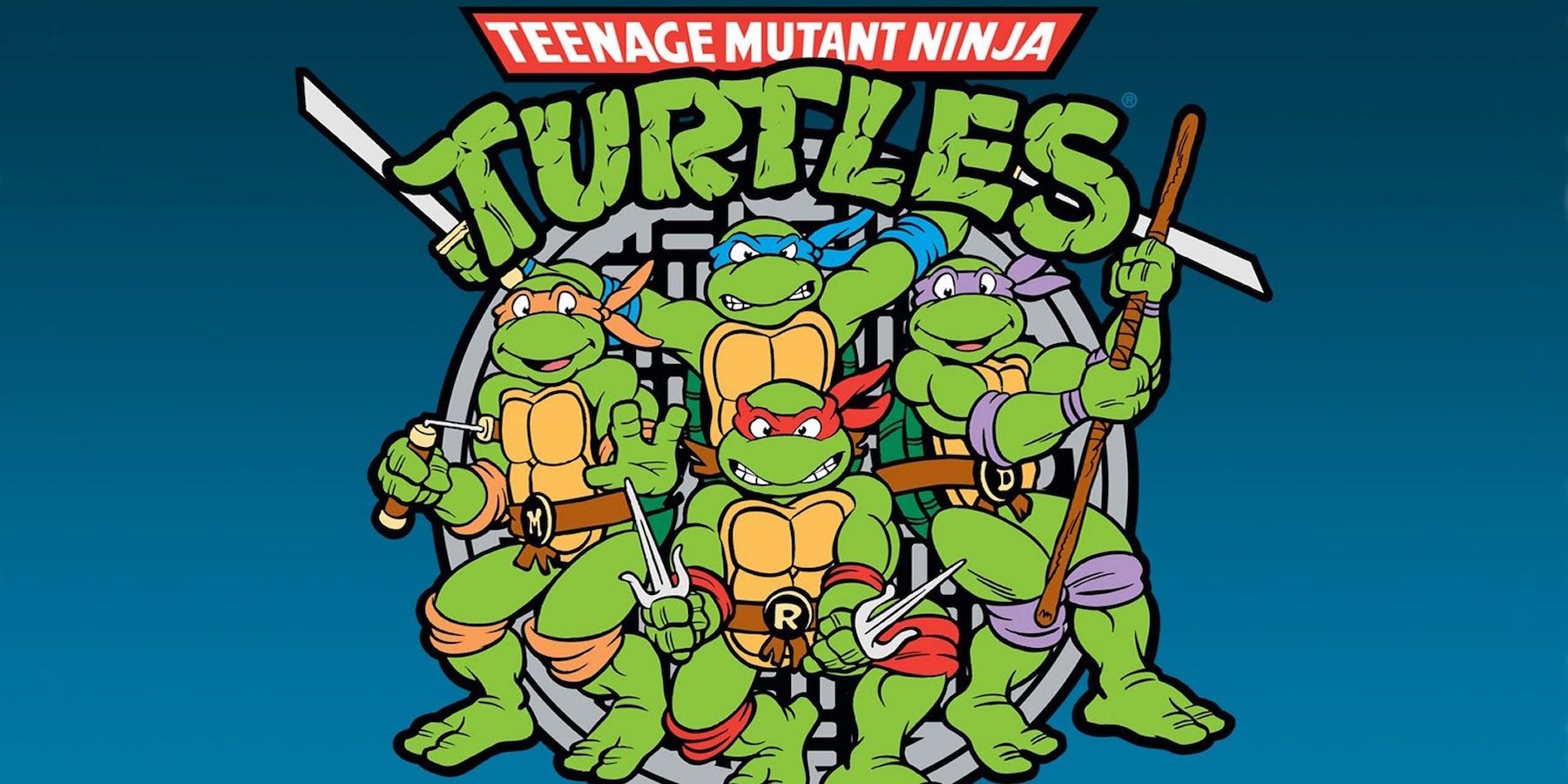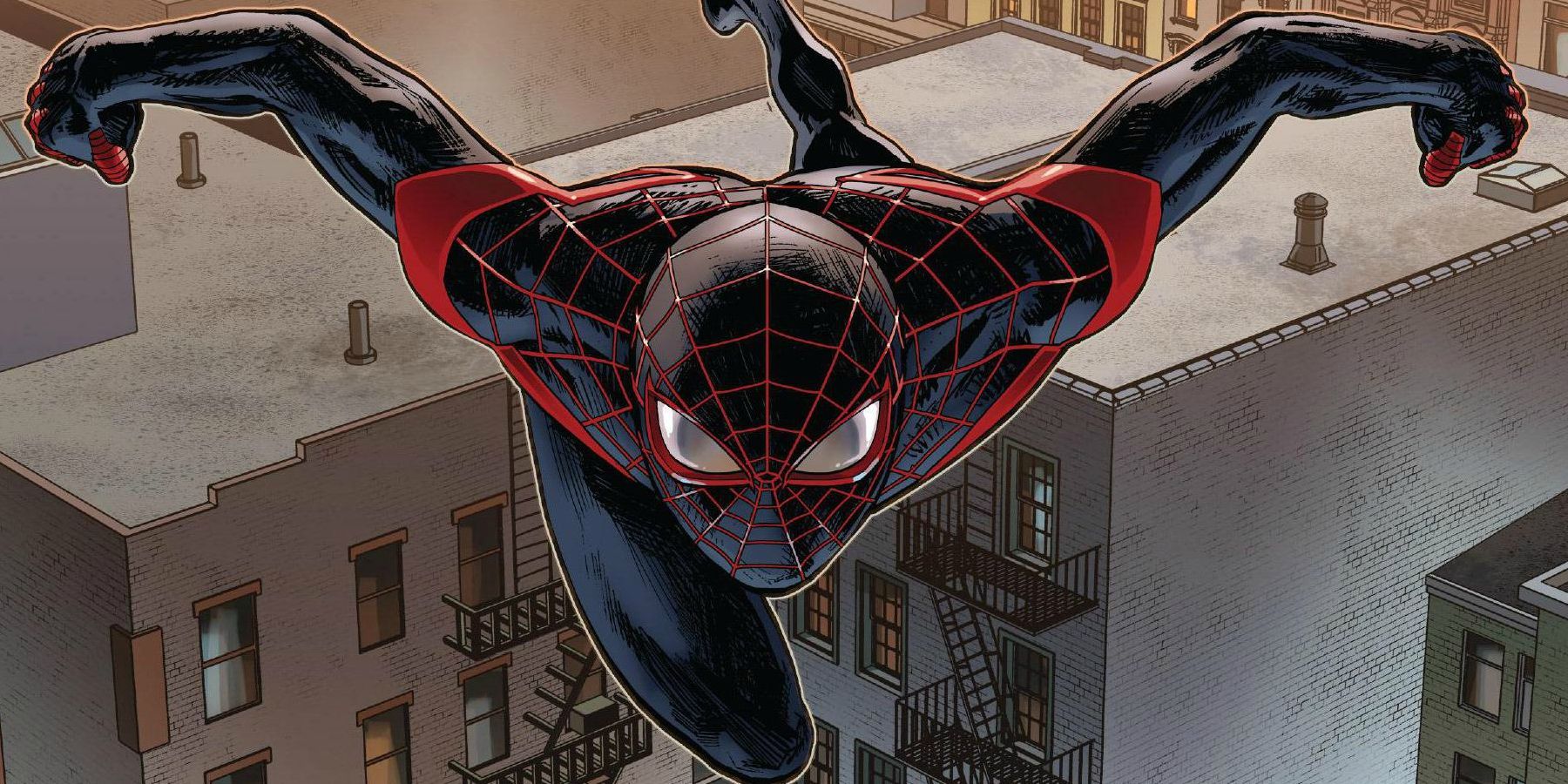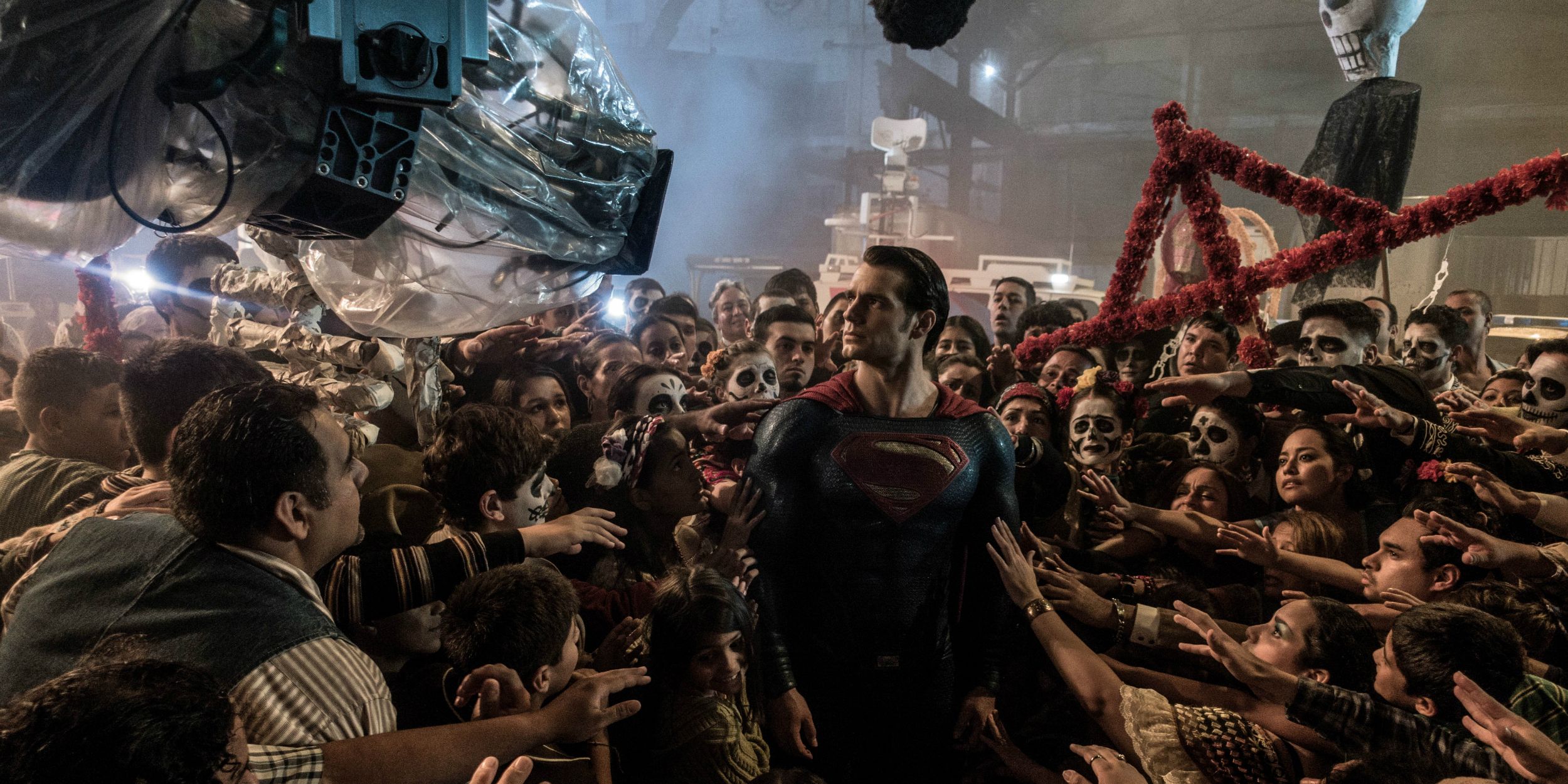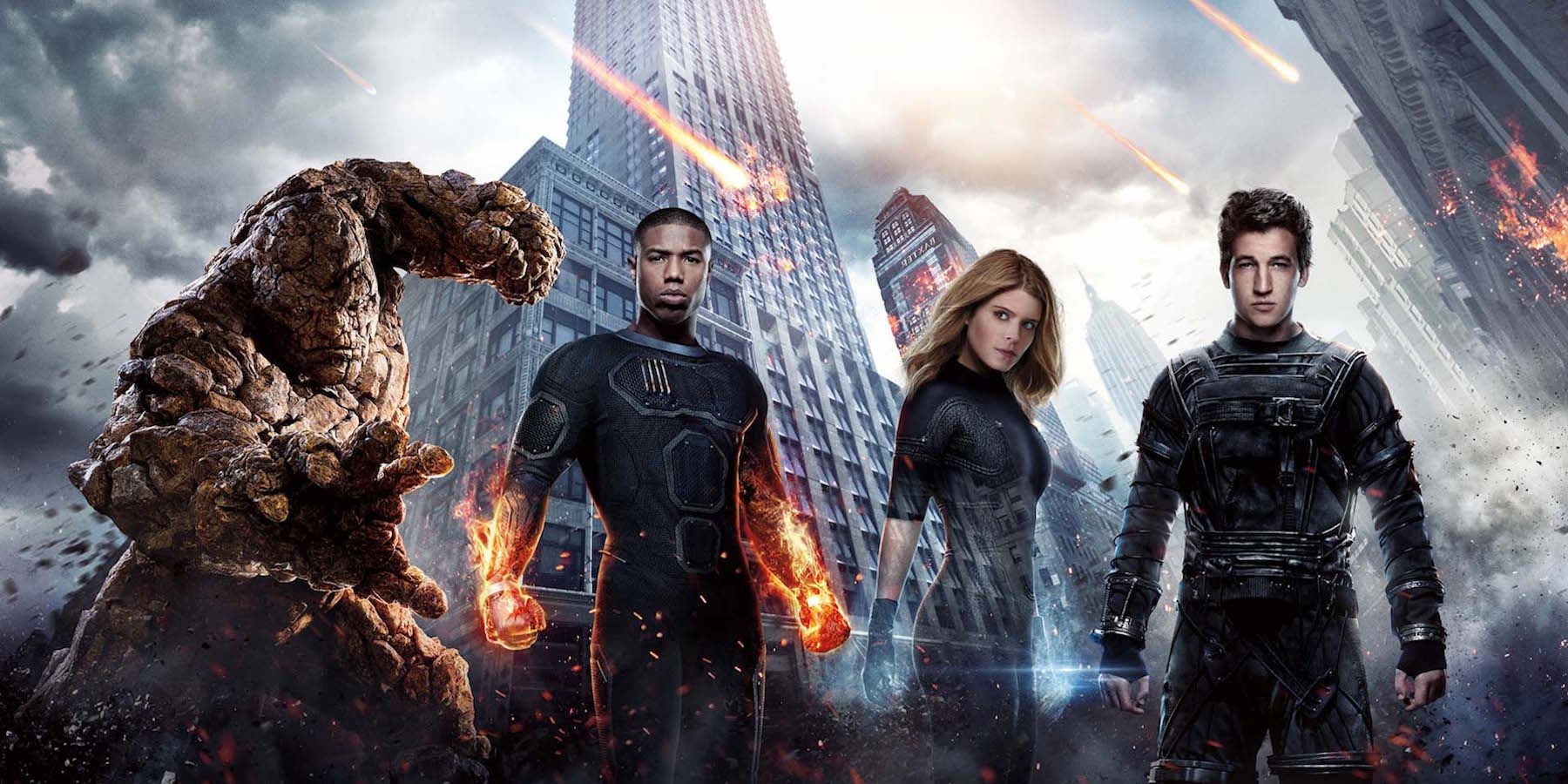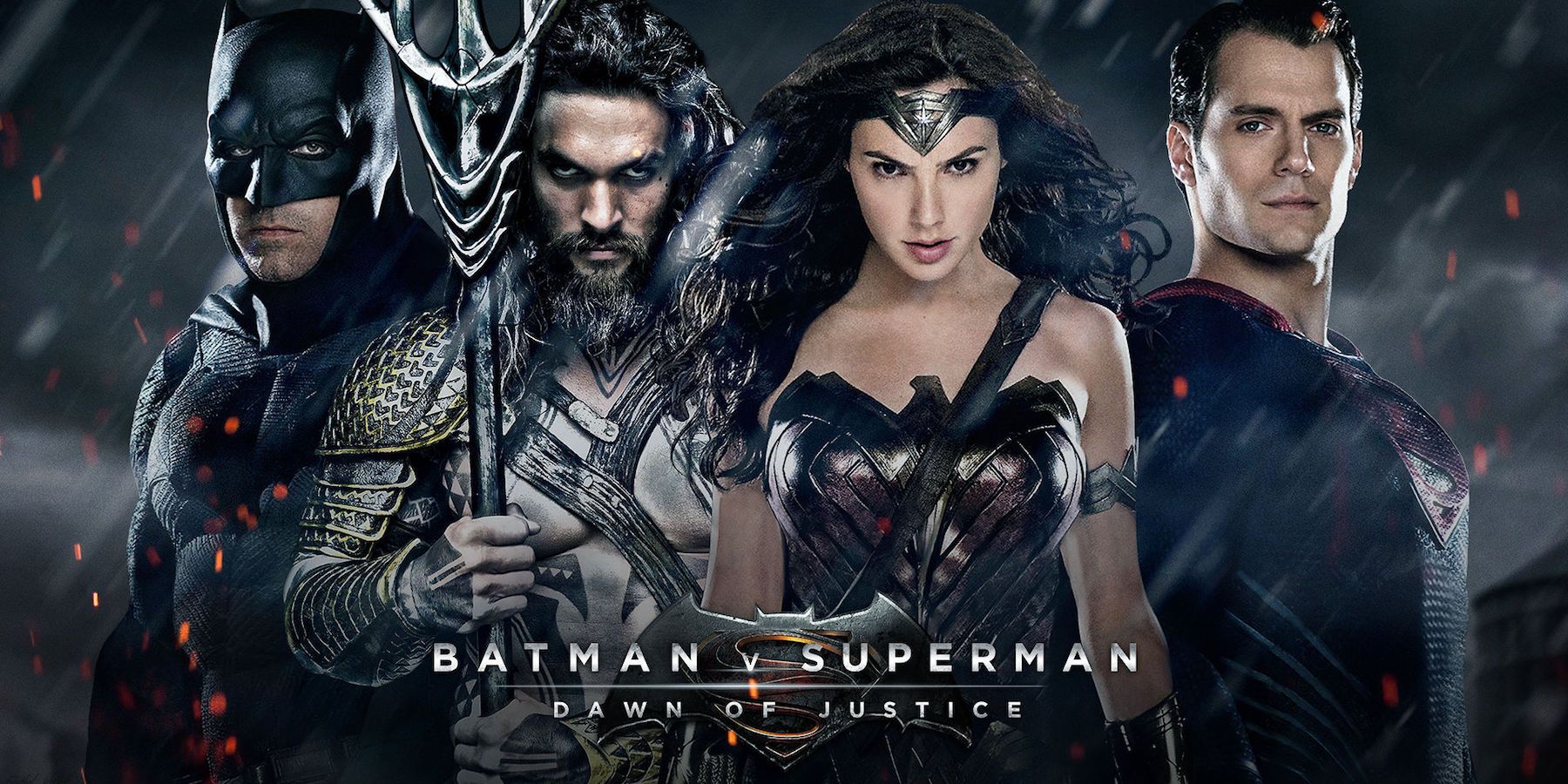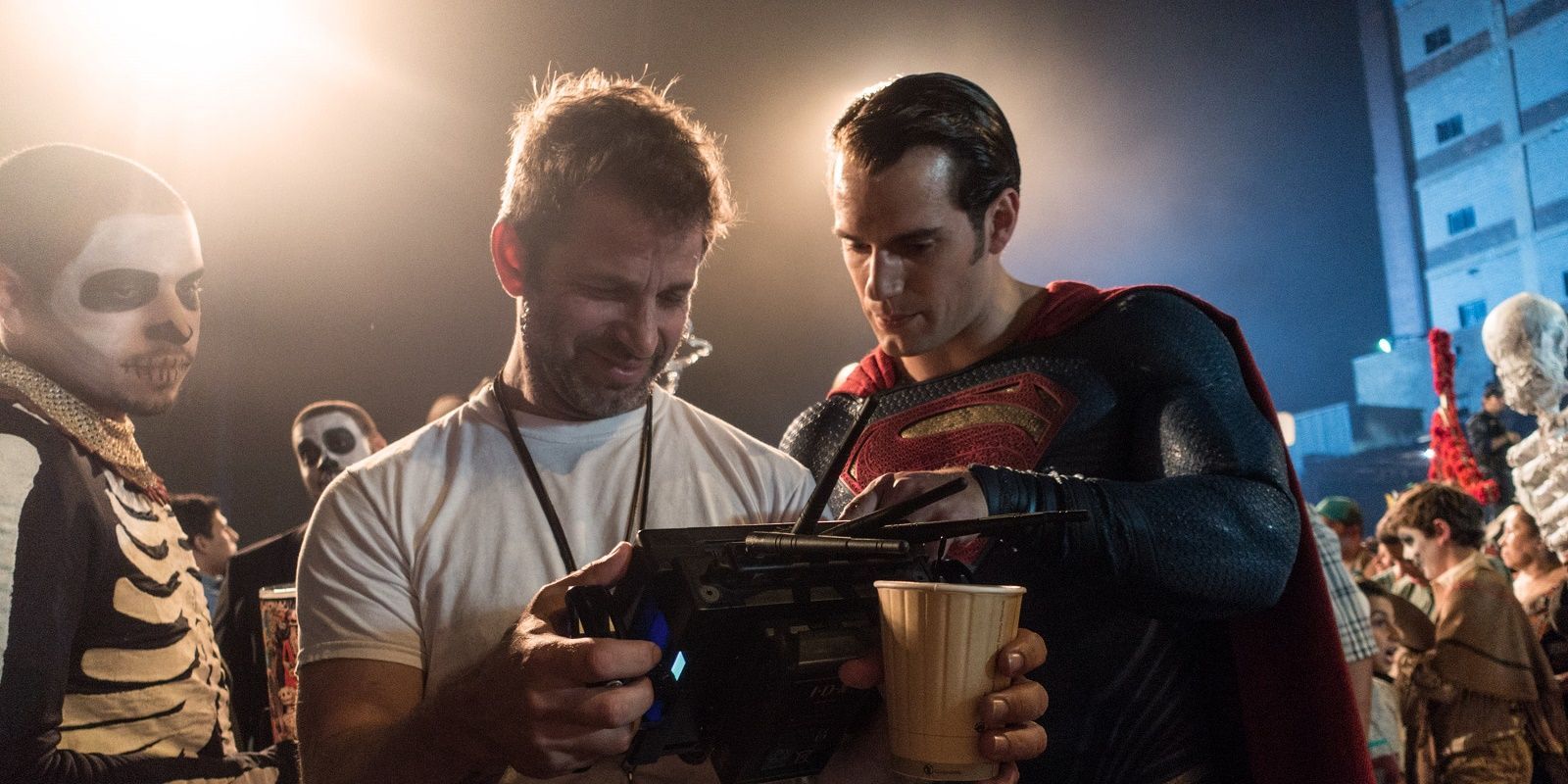Superheroes have become the most profitable category in Hollywood - driving box office ticket numbers and retail merchandise sales to unparalleled heights. As we've previously reported, there are over forty big screen comic book adaptations (and counting) set to hit theaters through 2020 - and more to follow. With so many superhero movies in the pipeline, moviegoers will understandably have their favorites - prodding passionate discussion among fans who want to debate which hero (and film) is superior. After all, friendly competition and light-hearted arguments can be fun. That is, until that competition is no longer friendly and that argument is no longer light-hearted.
Hostile and mean-spirited fans have always existed in the entertainment industry; however, a recent rise in moviegoers who revel in tearing other people down, along with the movies, comic books, TV shows, and video games they love, rather than engaging in level-headed debate has become impossible to ignore. Somewhere along the line, a lot of us became the bullies we read superhero comic books to escape from. It might be hard for some comic readers and filmgoers to recall the time before superheroes dominated the blockbuster landscape but, as the genre continues to expand and more superheroes are added to the DCEU as well as MCU TV and movie slates, there's no better time than the present to clean up our act - and rediscover the joy of spirited (not mean-spirited) discourse.
NOTE: While this editorial addresses superhero fandom, for the purposes of keeping the conversation focused, the overarching message can (and should) be a lesson for all fandoms - even those outside the world of comic book heroes and villains. The post isn't intended to generalize or make blanket statements about every fan of superhero movies and TV; instead, this is an appeal to those of us who have allowed the negativity of others to poison what should be a great time to be a comic book, movie, and/or TV fan.
Criticism Not Cynicism
Just like any artistic medium, the entertainment industry is full of bad products and ill-conceived ideas - just as it also delivers quality experiences and welcome surprises (with a lot in between). Any film or TV show is subject to criticism and viewers should challenge networks and studios to continually raise the bar - and never take beloved properties, franchises, and fans for granted. Criticism is one way that fans and social commentators (as well as schooled critics) can hold artists accountable - especially massive companies that produce subjective pieces of pop culture entertainment in the hopes of maximizing profits.
Just because one person (or many people) like a film or TV show doesn't mean it's perfect, without a single fault, and above critical analysis. Any artist (director, writer, or actor, etc) should be looking to improve their work - to strengthen the connection they can make with their audience. Even the best creators fall short of perfection - and level-headed, articulate, even tough, feedback is the best way for artists to grow and learn. However, constructive (albeit stern) criticism is very different from the cynical and downright abusive tone that has crept into fandom the last few years - as certain fans became so cruel, and so protective of the characters and franchises they love, that they regularly curse at fellow comic book fans and even threaten filmmakers, actors, showrunners, and other industry talent online and in person.
In his book, Tough Shit: Life Advice from a Fat, Lazy Slob Who Did Good, Kevin Smith addressed this growing trend of fans who are quick to attack rather than encourage artists with constructive criticism:
"Remember: It costs nothing to encourage an artist, and the potential benefits are staggering. A pat on the back to an artist now could one day result in your favorite film, or the cartoon you love to get stoned watching, or the song that saves your life. Discourage an artist, you get absolutely nothing in return, ever.”
Somehow, the increased availability of superhero films and greater prevalence in pop culture has actually managed to divide fans - rather than bring us closer together. Fans have always enjoyed stirring the pot but where it used to be fun to debate who was cooler (and who would win in a fight), the Justice League or The Avengers, some fans argue (violently) as though the actual fate of the world (or at least the credibility of their chosen heroes) is at stake - as if one person liking the Justice League means that someone else not only shouldn't be allowed to enjoy The Avengers, that person would have to be a complete moron for even considering it.
Different is Good
Some movies are better than others - meaning that certain films are backed by a general consensus (for better or for worse) - while others split critics, moviegoers, and comic book fans, alike. Yet, as superhero adaptations have increased in number, the comic book film genre has begun to reach beyond action and/or comedy categories. Plenty of comic book movies still serve as summer blockbuster tentpoles but over the next few years, fans will also be treated to adaptations in the vein of supernatural horror, R-Rated drama, buddy cop comedy, and even a team heist film, among others. Marvel has, so far, taken a slightly lighter approach to their shared universe, compared to the grittier world presented in the DCEU; nevertheless, both studios will be stretching outside of their current formats - especially as their respective studios attempt to reach new viewers and ensure each project stands out from the crowd.
After all, these differences are already apparent in overarching cross-medium cinematic worlds - where DC is darker on the big screen, Warner Bros. has developed fun and campy shows for TV viewers and, conversely, even though MCU films are lighter, Disney developed the Netflix Defenders sub-universe as a gloomy, more adult, programming series. There's no doubt that Marvel Studios established a new benchmark for shared storytelling and has seen massive critical and commercial success in the process but that doesn't mean that DC or any other competitor, will or should follow the exact same path.
The movie and TV industry is ever-evolving - and nothing develops within a bubble. It's always been reactive - as studios looked to capitalize on trends and replicate competing successes. Over the years, that competition has raised audience expectations - and forced filmmakers to deliver better film experiences to keep up with demand. No doubt, there were and will be plenty of failures along the way, gambles that did not pay off, but the best case scenario for any moviegoer is an industry where filmmakers work harder and smarter to satisfy audiences. A rising tide lifts all boats - and it should be the same for franchise filmmaking.
MCU President Kevin Feige said as much long before the DCEU even took shape:
"Man of Steel looks awesome. It's a great trailer. I can't wait to see that movie. It's looks great. And as I've always said, if they are all good, the more the merrier. It's a bad thing for us when one of them is not well received. If we have a good movie, and they have a good movie, it only helps us. So let's all calm down."
Yet, fandom can often treat competition in the entertainment industry as though it were a grudge match sporting event - where the decimation of an opposing team and the humiliation of that team's fanbase is something to cheer-on and relish. Instead of hoping for a thrilling playoff series that will unfold over multiple encounters, where great teams fire back and forth, driving each other to greatness, some fans are more interested in seeing a film fall flat on its face, just to say "I was right," and take pleasure in the disappointment of others.
There is No One Way
The hope to see a film or TV series fail isn't even limited to competing properties, as some members of franchise fandom have become quick to turn on their own community as well - if opinions do not line up with one singular view of how a particular character or franchise should be presented. It's understandable that, after decades of reinvention in comic books, movies, and TV, different fans will like different versions of a given property - or be more open to drastic reimagining than others.
Fans often disagree whether Superman and/or Batman could kill, under certain conditions, but enraged fandom isn't limited to DC and Marvel, or comic book movies, as Paul Feig's Ghostbusters reboot has spurred especially vitriolic reactions from certain fans - long before the first trailer was even released.
The choice to relaunch Ghostbusters as an all-female squad with no connection to the original crew, was always going to be controversial, and could still end up failing at the box office, but misogynist, racist, and homophobic comments ultimately undermined more interesting and productive topics fans could have been debating.
Ghostbusters is an especially poignant example - since the franchise was, for all intents and purposes, not moving forward with the original actors (thanks to Bill Murray's notorious lack of interest in making a third film, followed by the untimely passing of Harold Ramis). That is to say, the Ghostbusters live-action series, as fans knew it, was already over. Detractors will argue that no new Ghostbusters film is better than Feig's reboot - but with Murray set to cameo (after praising stars Kristen Wiig and Melissa McCarthy), it's way too early for fans to speak definitively (and angrily) about this Ghostbusters relaunch. As we've previously argued, reboots (even bad ones) are typically good for a franchise - since they revive fading properties in the public eye as well as encourage people to revisit the (often superior) originals.
Characters (and Brands) Evolve
Similarly, it's specious reasoning to think that a comic book, movie, TV, or video game character or property is ever one definitive thing, since most of these franchises have been re-imagined multiple times before - to the extent that the version fans love the most, weren't even the first draft. While the CBS Teenage Mutant Ninja Turtles cartoon may be the most well-known, the characters had lived on the Mirage Studios print page in a drastically different form for several years, prior to their animated debut. In the pre-Internet era, no one said anything about Kevin Eastman and Peter Laird's gritty and violent turtles getting a colorful and cartoonish adaptation aimed at the juice box crowd.
In fact, the development of the beloved Teenage Mutant Ninja Turtles series was grounded in business, rather than creative, decision making from day one - given that the show was only put into production for the purpose of raising interest in TMNT toys from Playmates. Had producers opted for a more faithful adaptation, many fans may never have been exposed to the Heroes in a Half Shell - since the original graphic novel was far too niche to penetrate 1980s pop culture.
That doesn't mean the dark and gritty DCEU or the all-female Ghostbusters reboot will be successes - but the evolution of the TMNT brand overtime (along with plenty of other franchises) is proof that change isn't always a bad thing. Some ideas are bad but strong franchises and quality characters rarely go away and often, following a low point, come back even stronger. Sony's attempts to build an entire Spider-Man shared universe on the back of The Amazing Spider-Man 2 killed the newly-formed Andrew Garfield series but low box office numbers and a lifeless response from fans sent a powerful wakeup call to producers - paving the way for a revolutionary deal between Sony and Marvel to bring the webslinger into the MCU. It wasn't death threats to director Marc Webb that made the deal happen; on the contrary, it was cooperation between two studios who wanted to make their movies better and more engaging for fans.
In the comic book world, this has always been the approach - characters are introduced and then reinvented over and over again to ensure they are relevant to the readers of that time. No doubt, certain elements of characters do not change, and become key to the world-building, mythology, and/or ideology of a specific property, but a lot does change - and many of the best characters, the icons that have stood the test of time, have evolved significantly over the years. Some of those versions will resonate more with certain fans than others - but that doesn't make any one less valid than the rest. To say that Batman doesn't kill is to ignore countless stories where the Dark Knight has killed (both directly and indirectly) just as saying that Spider-Man can only be Peter Parker on film is to ignore great characters that have also taken-up the webslinger's mantle.
The reality: fans aren't always going to like how movie studios and TV networks decide to adapt their favorite characters - but, conversely, that doesn't mean that someone else might not love to see a fresh take. Furthermore, we live in an era where Spider-Man will have been played by three actors on film in less than ten years - meaning that if a studio truly drops the ball, it won't be long before fans are treated to a new variation. These aren't one and done properties that, if they miss the mark, are shelved for a decade. As fan-favorite comic properties have become increasingly popular to mainstream viewers, the risk and cost of developing a comic book film has decreased significantly - making them extremely valuable brands that studios have no interest in sidelining for too long.
That's all to say, fandom would benefit from becoming more flexible - since the characters that are beloved today aren't going to be around or stay the same forever. They will change, they will evolve, some for better, some for worse, and others will just be different - and appeal to different corners of the audience. Regardless, with more geek-friendly franchises hitting the big and small screen each year, there's more to enjoy than ever before - even if certain movies, TV shows, comics, and video games are ultimately less satisfying to some (or all) fans.
Movies & TV Shows Are Made by People
No one sets out to make a bad movie, and even the most creative, knowledgeable, and passionate writers, directors, and producers are tasked with the (often thankless) challenge of balancing their vision with fan expectations and accessibility to casual filmgoers (all while trying to keep movie studios and TV networks from interfering). Given that directors, especially, are responsible for keeping a film on track, it comes with the territory that they will be held accountable by fans (as well as producers), should a project release to underwhelming response - but that doesn't mean it's justifiable for rage-filled mobs to threaten and curse those directors or their supporters. The generally nasty and abusive tone of online postings has forced many filmmakers, even those who delivered well-liked movies or TV shows, to abandon social media, silencing a previously constructive line of critique and conversation between creators and fandom - a real world example of Kevin Smith's warning: "Discourage an artist, you get absolutely nothing in return, ever.”
After all, while directors, writers, actors and producers often become the focal point of praise and/or negativity, it's important to keep in mind that a film isn't the work of a single person - or even a closed team. As a result, when fandom heaps vitriol onto a project, they are attacking hundreds or thousands of people that contributed to the final product - many of which love the adapted character or property just as much. For decades, behind the scenes talents were able to stay out of the crossfire but, thanks to social media, no one is safe from crusaders hell-bent on shouting down anyone they can find.
Example, a tweet that was sent to Batman V Superman cinematographer Larry Fong by a moviegoer who "stumbled onto" Fong's Twitter account:
@larryfong @IMAX fuck you, the movie sucked— mark whatney (@mark_whatney) March 26, 2016
Following the critical pounding and commercial bombing of Fantastic Four, reports of tensions between director Josh Trank and the studio, 20th Century Fox, began to surface - reports that fueled fans to trash the studio, Trank, cast, and even crew members, without any official insight into exactly what went wrong.
Reflecting on the experience, Miles Teller (who played Reed Richards in the movie) offered a sincere response - highlighting the disconnect between how viewers think films are made and how they actually get made:
“People think that when you make something like a Fantastic Four that doesn’t do well, people think ‘Oh you phoned it in’ and it couldn’t be more untrue. You work harder on the bad films, or the films that turn out maybe not the way you intended, because something’s not working. And I thought it was kind of unjustly critiqued that way; there are even bigger bombs if you’re looking at how much money went into the production and what they reaped back. But I think it’s unfortunate a movie like that becomes a scarlet letter on a resume when so many talented people worked really hard and maybe a handful of people took it in a negative direction. But so many people worked really hard on that that are so talented.”
Sadly, fandom is often quick to brand industry talent with that scarlet letter - and holding industry talent guilty until proven otherwise (see the overblown response to the casting of Ben Affleck as Batman). If angry fans dominate the public discourse, why would any filmmaker sign-up for directing duties on a fan-favorite franchise - or choose to open themselves up to abuse on social media? If filmmakers are disconnected from their audience, especially the level-headed but critical voices, who will challenge directors, writers, and producers to turn out better films? Plus, if hostile fans continue to make directing, writing, or acting in a comic book more trouble than it's worth, the next generation of comic book movies won't be developed by bold filmmakers looking to put a unique stamp on the genre, it'll be developed by people who can't afford to pass on a paycheck instead.
The Villains of Our Own Story
It's understandable that fans feel strongly about these characters. Ask any fan and they'll likely be able to recall many beloved memories attached to their favorite pop culture characters: the time they spent forging through the boxes of their local comic book store with a parent, or seeing their favorite hero in live-action, on the big screen for the first time, or escaping from the realities of everyday life and responsibilities into a world where good always wins-out over bad. Many of us have spent decades journeying with these characters on the printed page and on the silver screen. We care about them - and for good reason.
Yet, despite the fact that most superhero tales are commentaries on social justice and inclusion - championing the stories of heroes that stand up to hateful evildoers (big and small), certain fans of those same do-gooders have, somewhere along the line, given into contempt and lost sight of the virtues that made their favorite superheroes so special and inspirational in the first place. There is an irony to the situation: passionate fans that love valorous heroes so much... they turn to spiteful scorn in order to defend their fictional charges from Hollywood. It'd almost be forgivable, if it didn't fly in the face of nearly everything that makes fandom great.
Instead, some fans (maybe even well-meaning ones) are ruining the fun of modern comic book movie culture - a time when we should be relishing in all the great superhero programming hitting screens. Rather than geeking-out and enjoying ourselves, we're lashing out - at anyone that doesn't do right by our personal preferences - as if anything different is an attack on our own sensibilities. This doesn't mean that fans shouldn't critique superhero TV shows and films; on the contrary, studios and networks need constructive criticism now more than ever. Speak up but do so without jumping to conclusions (especially before a film or TV show even releases) - or resorting to personal attacks. We're better than that. Along with productive (not reductive) feedback, it's time to recognize how toxic the fan community can be and rediscover the joy these characters and stories once brought us. Otherwise, the most passionate fans among us are going to suck the fun out of this comic book movie renaissance for all of us.
After all, that's how it starts, right? The fever, the rage, the feeling of powerlessness that turns good men... cruel?

